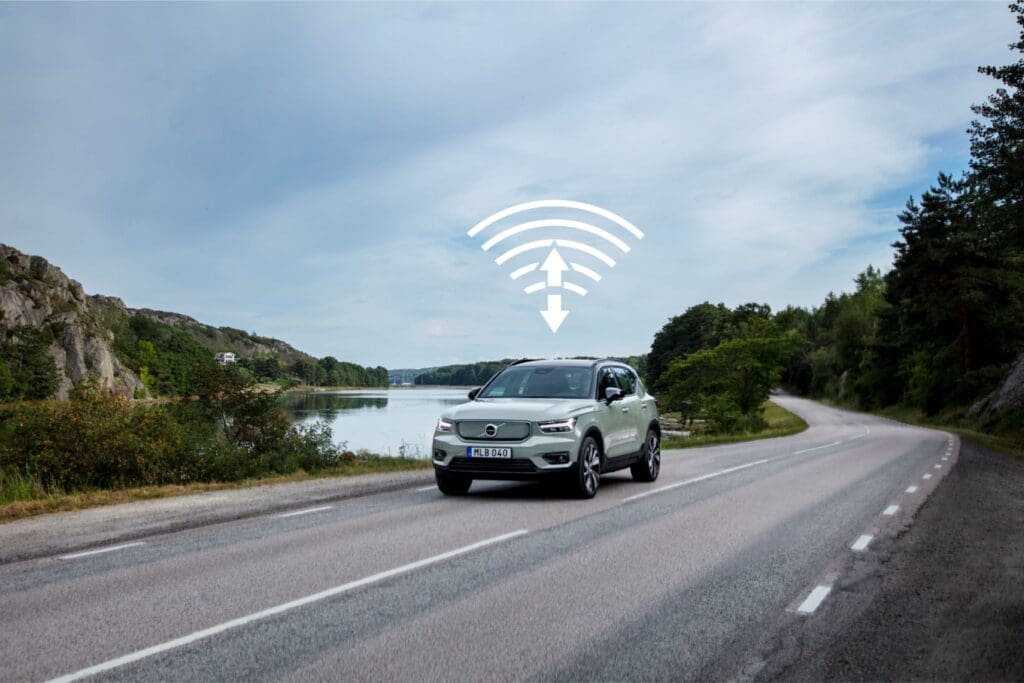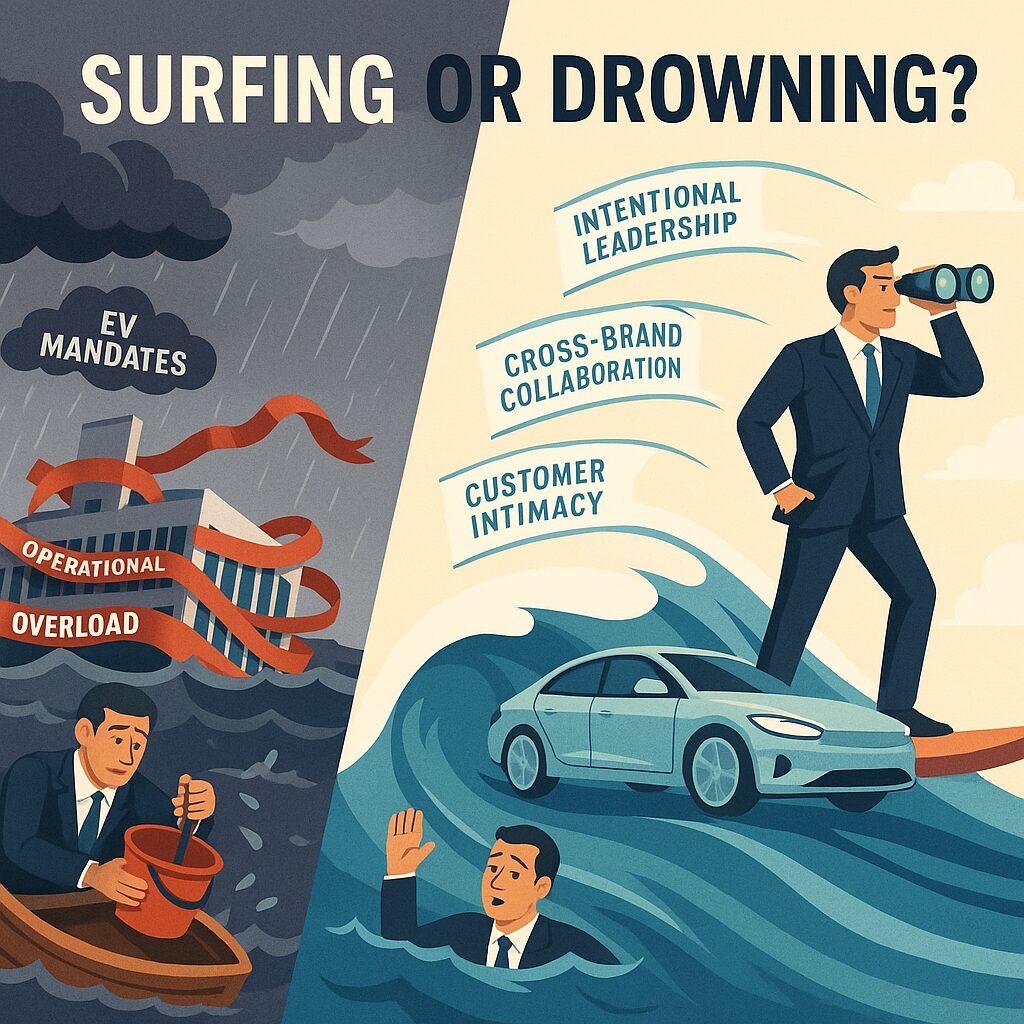Automotive
The journey to our destination begins with knowing which path to take
Understanding change in the automotive sector
The automotive industry faces converging forces: electrification, autonomous vehicles, connected services, economic and commercial market pressures, and evolving consumer expectations. The complexity of the entire automotive, often global, supply chain means that there is often a lot of disconnection between front end customer facing systems and processes and more legacy manufacturing, supply chain order management and distribution. Not just during the sales journey, but also during the usage and aftersales lifecycle stages. Due to this complexity and the number of parties involved, there is often a high likelihood of inconsistent information being shared, which can also lead to poor customer experiences.
Industry disruption isn’t just about technology; it’s about how people, processes and data come together to support the next generation of mobility. To thrive, automotive firms must modernise operations, engage teams, and prepare for new business models.
How we support automotive change
Bridging people, processes, and technology, we guide OEMs through meaningful transformation to enhance customer experience and business performance.
Driving Change in the Automotive Sector
The automotive industry is at a crossroads, facing an unprecedented convergence of challenges and opportunities. Rapid technological advancements, evolving consumer preferences, and shifting economic realities are forcing manufacturers to rethink long-standing practices. Traditional ways of working, which have served the sector for decades, are struggling to keep pace with the demands of this new era.
One of the most significant hurdles lies in prioritisation. Automotive manufacturers are juggling a multitude of pressures—from resource constraints to cost-efficiency demands and more. Consumer expectations are also undergoing a profound shift. The younger generation, particularly in the wake of COVID-19, is moving away from the traditional ownership model. Instead, flexible, subscription-based solutions are gaining traction, challenging the established “shipping tin” production mindset.
While technology is a driving force, the real challenge lies in the human dimension of change. Overcoming ingrained habits, fostering innovation, and adapting to a more agile and consumer-focused future will determine the sector’s ability to thrive. changemaker’s Automotive Change Practice is here to support this transformation, enabling sustainable, human-centred progress in a rapidly evolving landscape
Understanding the 21st-Century Auto Customer
The modern car buyer spends significant time researching online, often before stepping into a showroom. But the automotive sector is struggling to match the fluid, transparent experiences customers are used to encountering in other retail sectors.
Vehicles, being among the most expensive purchases after a house, are inherently complex. With an ever-growing range of options—spanning electric, hybrid, and internal combustion engines—buyers face overwhelming choices. Add to this the variety of financing options, such as leasing, subscriptions, and traditional purchases, and the process becomes even more daunting.
What today’s customers value most is simplicity. They want a streamlined buying journey that saves time, reduces confusion, and delivers clarity. Unfortunately, automotive brands often lag in delivering on these expectations. Transparency in pricing, consistency across online and in-person experiences, and quick turnaround times are still elusive in many cases.
To meet these demands, automotive manufacturers must focus on simplifying their offerings, explaining options clearly, and aligning the customer experience across every touchpoint. By doing so, they can build trust and create journeys that resonate with 21st-century buyers. One solution to this, and many other challenges facing the auto industry is the adoption of the agency model.
The Benefits of Switching to an Agency Model
Many manufacturers are transitioning from traditional dealership models to agency models in an effort to “swim with the tide” that the automotive sector is currently caught in. This change promises substantial benefits for both Original Equipment Manufacturers (OEMs) and retailers, as well as consumers.
Under the traditional model, OEMs sell vehicles in bulk to dealers, who then manage customer relationships, financial agreements, and sales. In the agency model, this dynamic changes: OEMs become the direct point of contact with customers, handling sales and financial agreements themselves. Retailers, meanwhile, focus on facilitating experiences—such as test drives and vehicle handovers—without the burden of ownership risk.
This new model brings clear advantages. For OEMs, it means building stronger, more direct relationships with consumers, gaining valuable insights into their preferences, and enabling more targeted marketing. The transparency of pricing across the market also enhances trust and alignment with consumer expectations.
Retailers, on the other hand, benefit from reduced financial risk as they no longer need to own large inventories. Freed from the complexity of managing sales, they can focus on delivering exceptional customer experiences, helping consumers match their needs to the right products. This streamlined role allows retailers to specialise and thrive in a competitive landscape.
Ultimately, the agency model fosters greater collaboration between OEMs and retailers while offering consumers a more transparent, tailored purchasing journey. It’s a step towards a more connected and efficient future in automotive retail.

Why choose us for automotive?
We understand that digital innovation must coexist with physical operations, and that change must be intuitive for teams. Our human-centred approach combines industry insights (such as the increasing adoption of Software Defined Vehicles) with practical change management. By uniting leadership, operations and frontline teams, we help you reduce friction, improve data accuracy and create customer experiences that build loyalty.
How we support your change journey
At changemaker, we take a comprehensive and holistic approach to change, offering a wide range of services across four key areas:
Change Design
Supporting you in exploring what change might look like, or navigating your way to realising the change you desire.
Change Delivery
Implementing the governance and skills to plan and deliver change in an ambiguous world.
Human Change
Supporting the human being in understanding why and how to change to realise their full potential.
Video resources
Watch as we explore how OEMs can create sustainable change by uniting customer data with human-centred strategies.
Video
Why is change hard for the automotive industry?
Sign up to our changemaker newsletter to receive our latest insights and industry focuses
"*" indicates required fields
Frequently asked questions
Here are some common questions about how we help organisations deliver change more effectively, with the right governance and approach.
How can modernising processes help dealerships?
Every dealership knows that focusing on customer delight while balancing an efficient operation is critical. By creating more simplicity and transparency for the customer, integrating systems to remove manual bottlenecks, we can help dealerships to achieve these outcomes. This allows Sales, Service and Finance teams to access the same data, reducing errors, and enabling faster service. More automated workflows enable staff to focus more time on building loyal customer relationships.
What role does data play?
Real-time dashboards provide visibility into inventory, production and customer interactions. Predictive analytics can forecast demand and schedule maintenance. We help implement data governance so decisions are based on accurate information.
How do we prepare for the shift to electric, Software Defined, and autonomous vehicles?
The technological shift in the engineering of vehicles themselves is perhaps the biggest change impacting all aspects of the value chain, and importantly those closest to the customer have the biggest challenge to overcome. We help organisations navigate through this identifying where the opportunities are to add value and ensure our clients are ready to take advantage and achieve their ambitious goals.
How do we manage change across multiple sites?
We establish governance that standardises data definitions and practices, while allowing flexibility for local conditions. Shared dashboards and cross-location forums enable collaboration and knowledge sharing. Regular communication ensures alignment.
How do we address employee resistance?
Resistance often stems from fear of the unknown. As part of the fundamentals in our approach to change management we work with those impacted to ensure that there is awareness of the need for change, desire to participate and support the change, knowledge on how to change, ability to implement required skills and behaviours and reinforcement to sustain the change.
How long will transformation take?
Timelines depend on scope. Digitising records and implementing dashboards might take months, while preparing for electric and autonomous vehicles could be a multi-year journey. We recommend phased initiatives, starting with high-impact areas to build momentum.
Related resources
Our perspective on doing business and industry insights… we’d love to hear your thoughts too.



